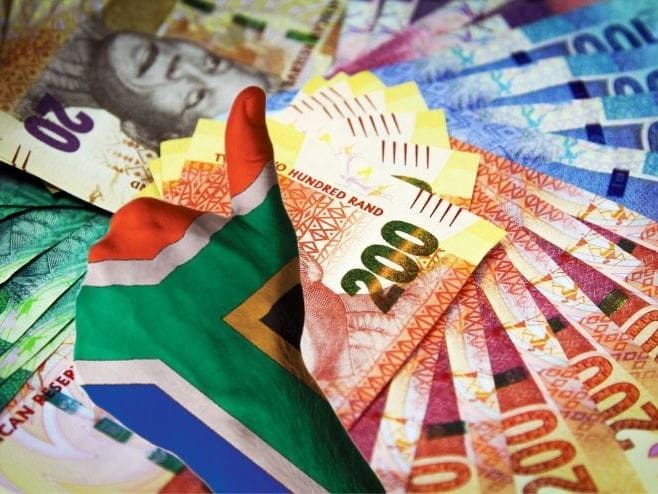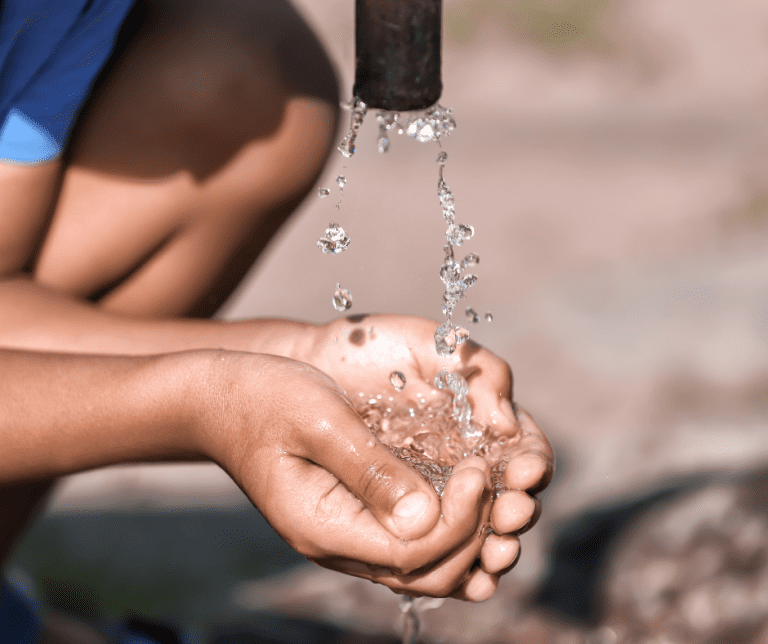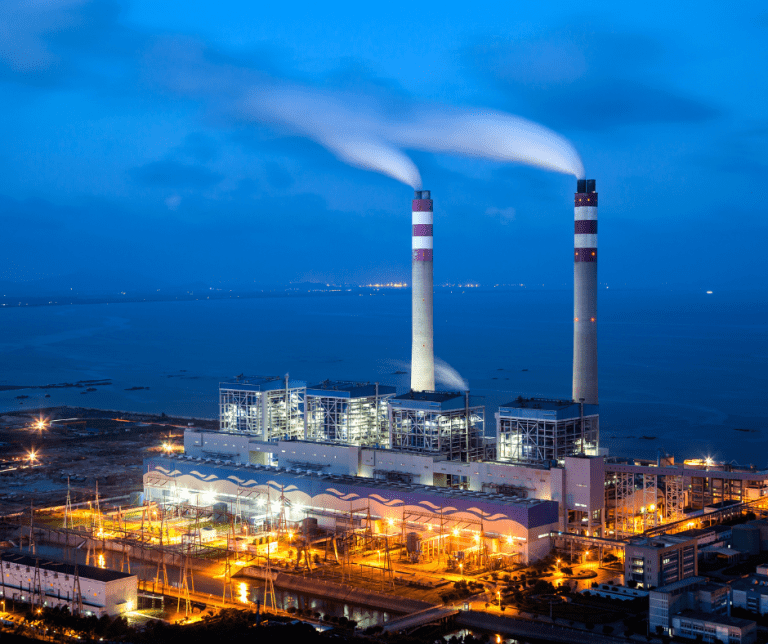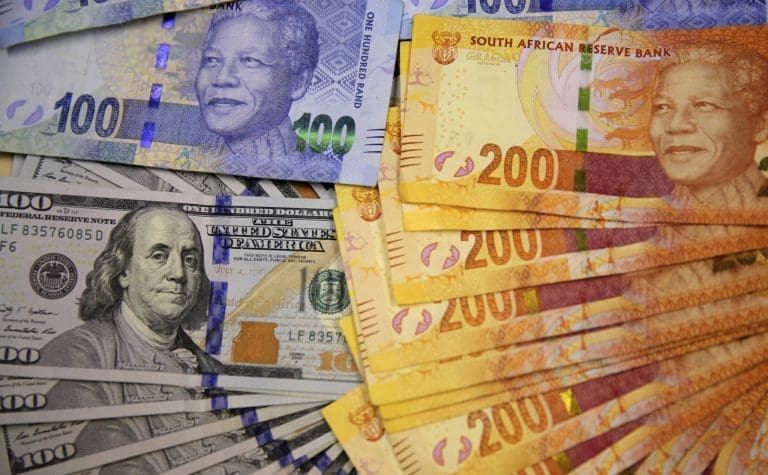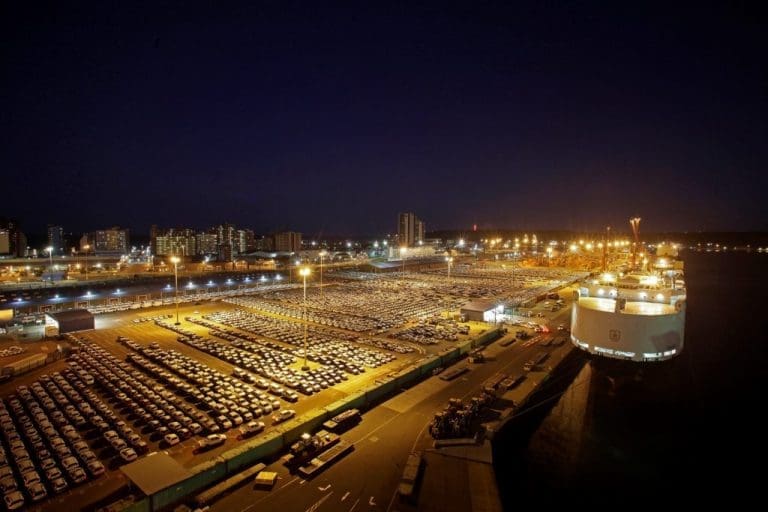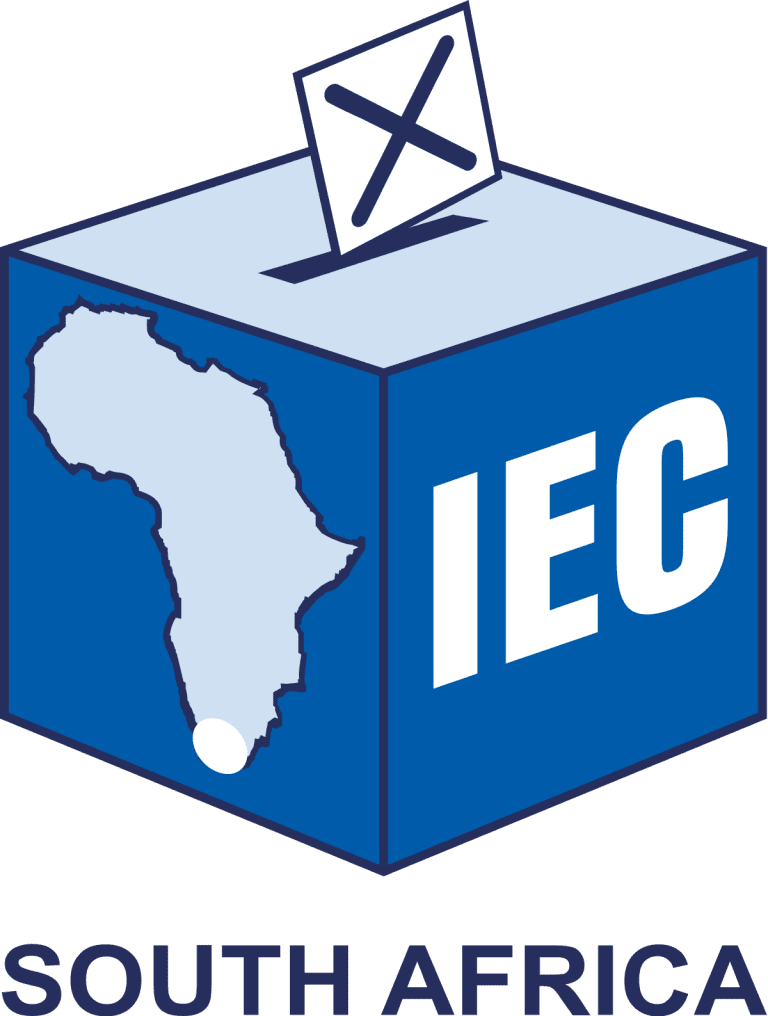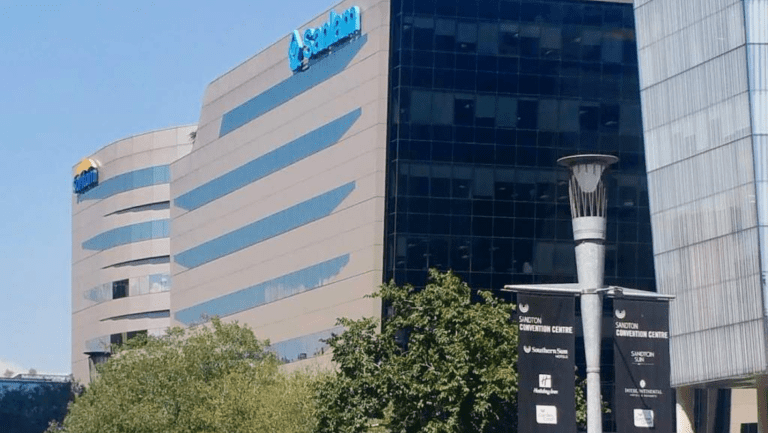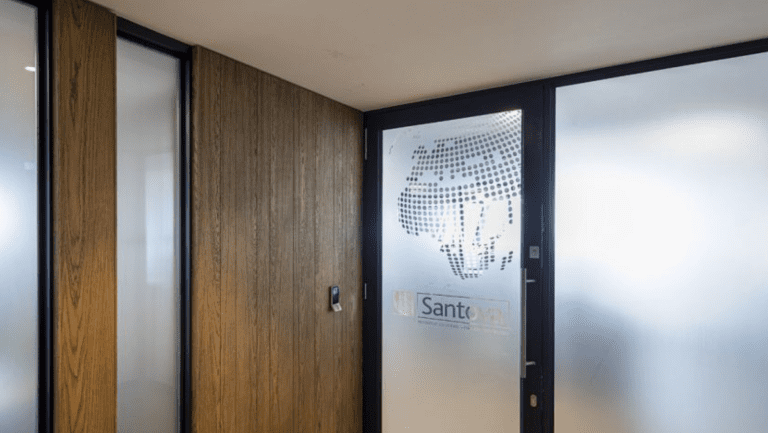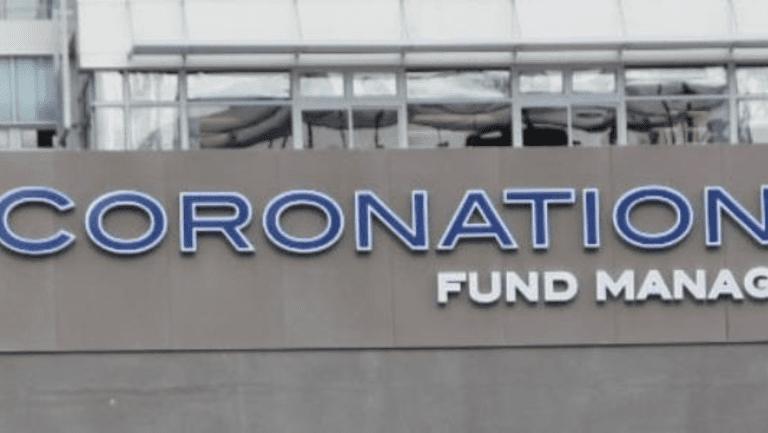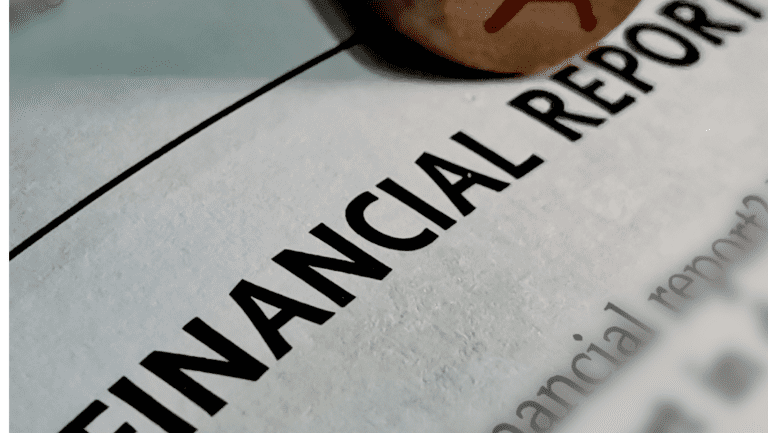Foreign investors continue to demonstrate confidence in South Africa’s economic potential, despite the various challenges facing the nation. According to the latest Economic Outlook report by PwC, South Africa attracted close to R100 billion in foreign direct investment (FDI) in 2024, amounting to 1.4% of its Gross Domestic Product (GDP). This influx of capital underscores the enduring appeal of South Africa’s economic landscape to global investors.
Despite concerns over investment outflows surpassing inflows amid negative sentiment among consumers and business leaders, South Africa has managed to maintain net FDI inflows almost consistently since the global financial crisis, a testament to its resilience in attracting foreign capital.
Foreign investors are particularly optimistic about several key sectors of South Africa’s economy, including its world-class financial services and communication industries, deep capital market, strong tertiary institutions, abundant natural resources, strategic geographical location, and a degree of political and policy stability. These factors collectively contribute to a moderately positive perception of South Africa’s public governance and business ecosystem among non-residents, as indicated by nation branding experts at Bloom Consulting.
Moreover, the Venture Capital & Private Equity Country Attractiveness Index 2023, compiled by the IESE Business School, ranked South Africa 66th out of 125 countries, placing it in a similar league with countries like Malta, Croatia, and Slovakia. This ranking further highlights South Africa’s comparative attractiveness for investment relative to its global peers.
According to Olusegun Zaccheaus, PwC West Africa Strategy& Leader, “Despite its challenges, the South African economy is more diversified and stable compared to many other African economies.” Zaccheaus emphasizes the strength of South Africa’s financial services sector and deep capital market, which are more sophisticated than those of most African markets.
Data from the South African Reserve Bank (SARB) reveals that the cumulative value of foreign liabilities (inward investment stock) amounted to nearly R3 trillion in 2022, with the manufacturing industry holding the largest share at 38.5%, followed by mining (24.2%) and financial services (20.0%). PwC notes that South Africa’s manufacturing sector hosts production facilities owned by some of the world’s largest producers of vehicles, food products, and building materials, underscoring its appeal to foreign investors.
PwC provides a tangible example of the economic benefits of FDI by examining the impact of a R5 billion brownfield capital investment in a local automotive manufacturing facility. The investment, which aims to upgrade the existing factory to produce a new model line, is expected to generate significant additional national GDP, create and sustain thousands of jobs, and contribute to the country’s fiscal revenue.
Lullu Krugel, PwC South Africa Chief Economist, emphasizes the importance of awakening local businesses to the opportunities presented by foreign investment. Krugel highlights the role of FDI in providing capital inflows, expanding businesses into new markets, reducing costs through economies of scale, and enhancing the skills of domestic employees.
According to PwC, potential foreign investors seek three main attributes in prospective investment targets in South Africa:
Demonstrated Commercial Sustainability
Prospective investments should exhibit a track record of commercial sustainability across systemic crises, which can be evaluated through financial due diligence (FDD).
Future Performance Assurance
Investments should be positioned to maintain performance into the future, preferably in growth industries underpinned by strong fundamentals. This can be assessed through commercial due diligence (CDD).
Exportable Capabilities
Investments should possess capabilities that can be exported to address emerging issues in other territories, thus enhancing their attractiveness to foreign investors.
Despite the challenges that South Africa faces, its ability to attract substantial foreign investment underscores its potential for economic growth and development on both a macroeconomic and company level. With the right policies and continued efforts to improve the investment climate, South Africa can further leverage foreign investment to drive its economic transformation and create sustainable prosperity for its people.


